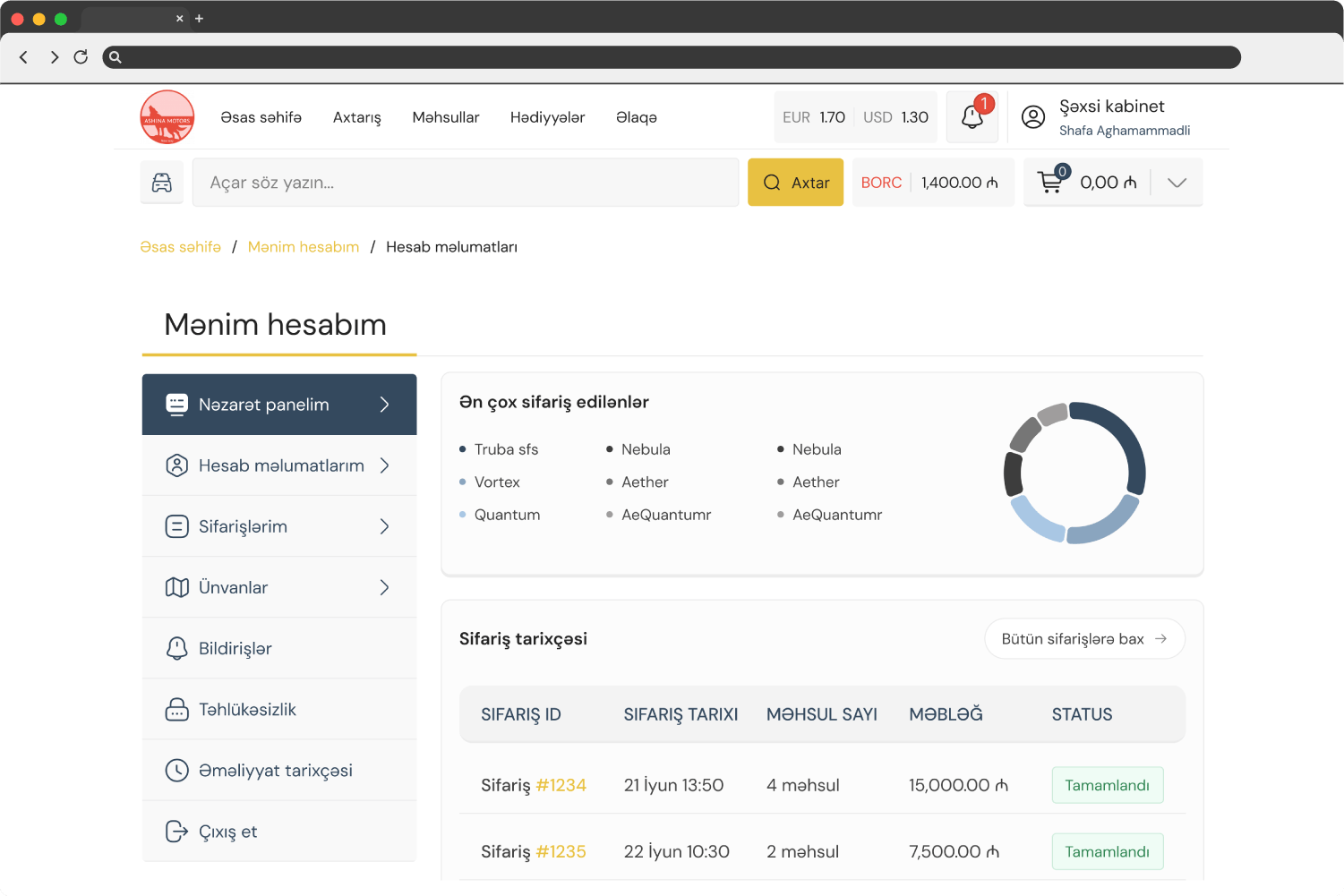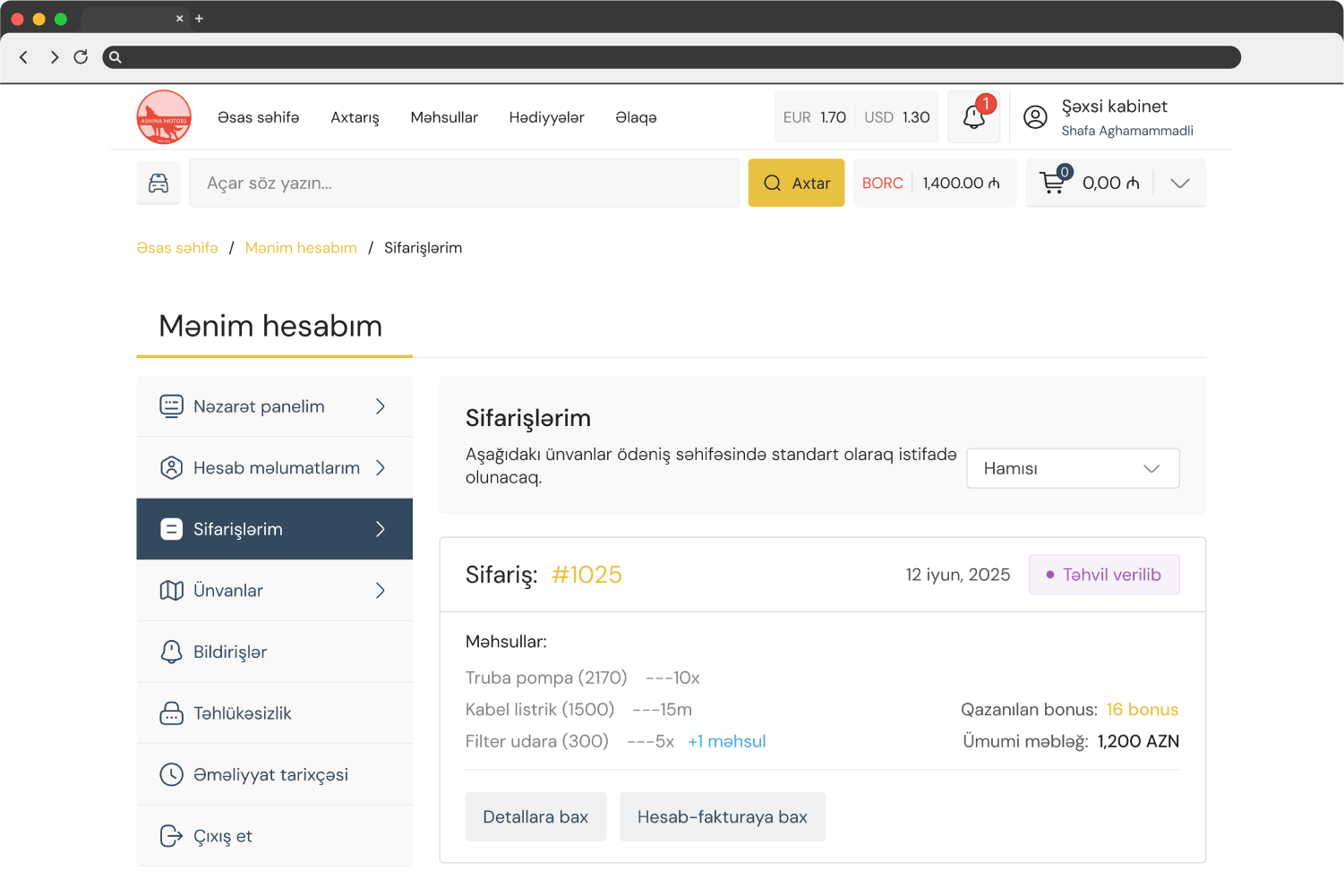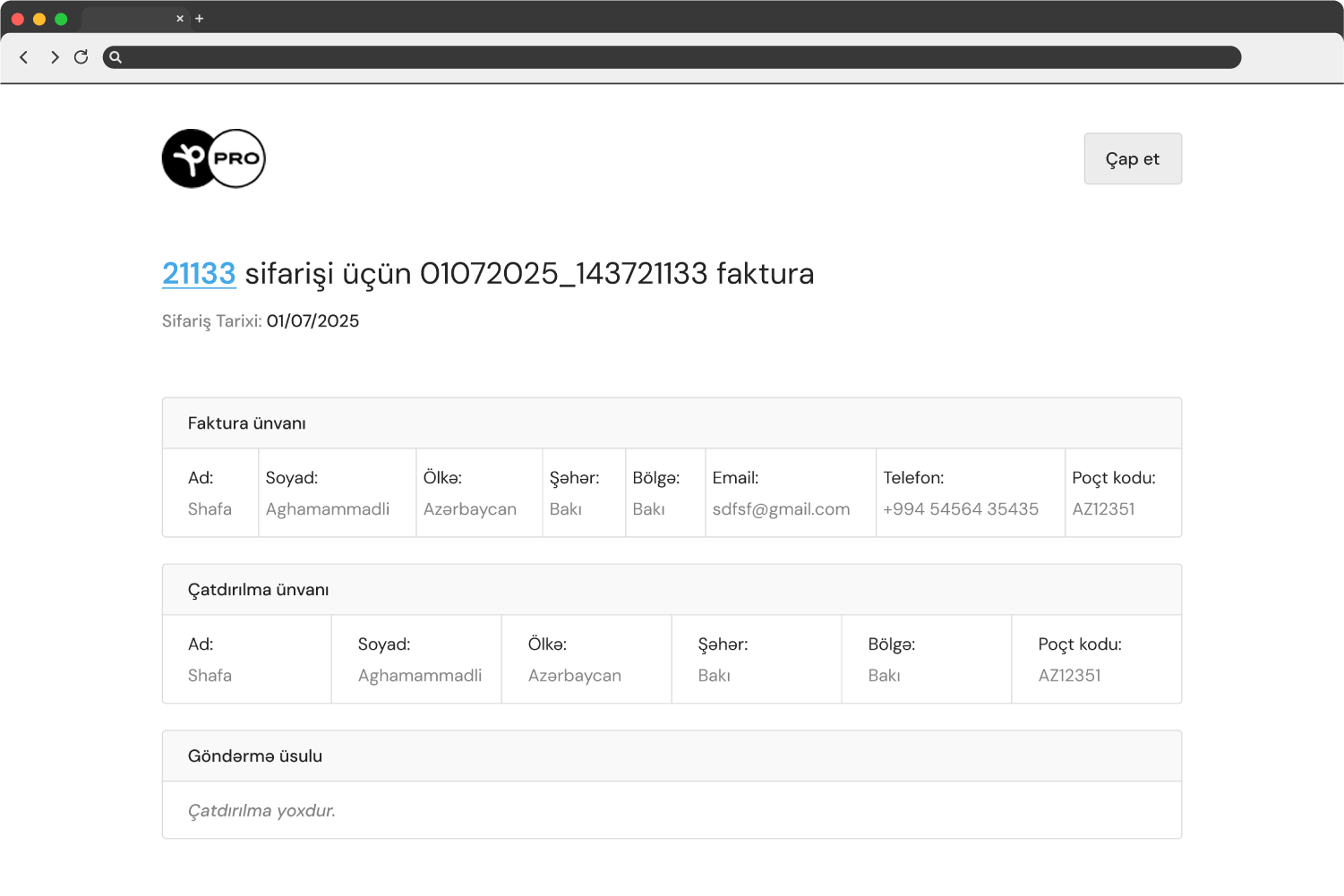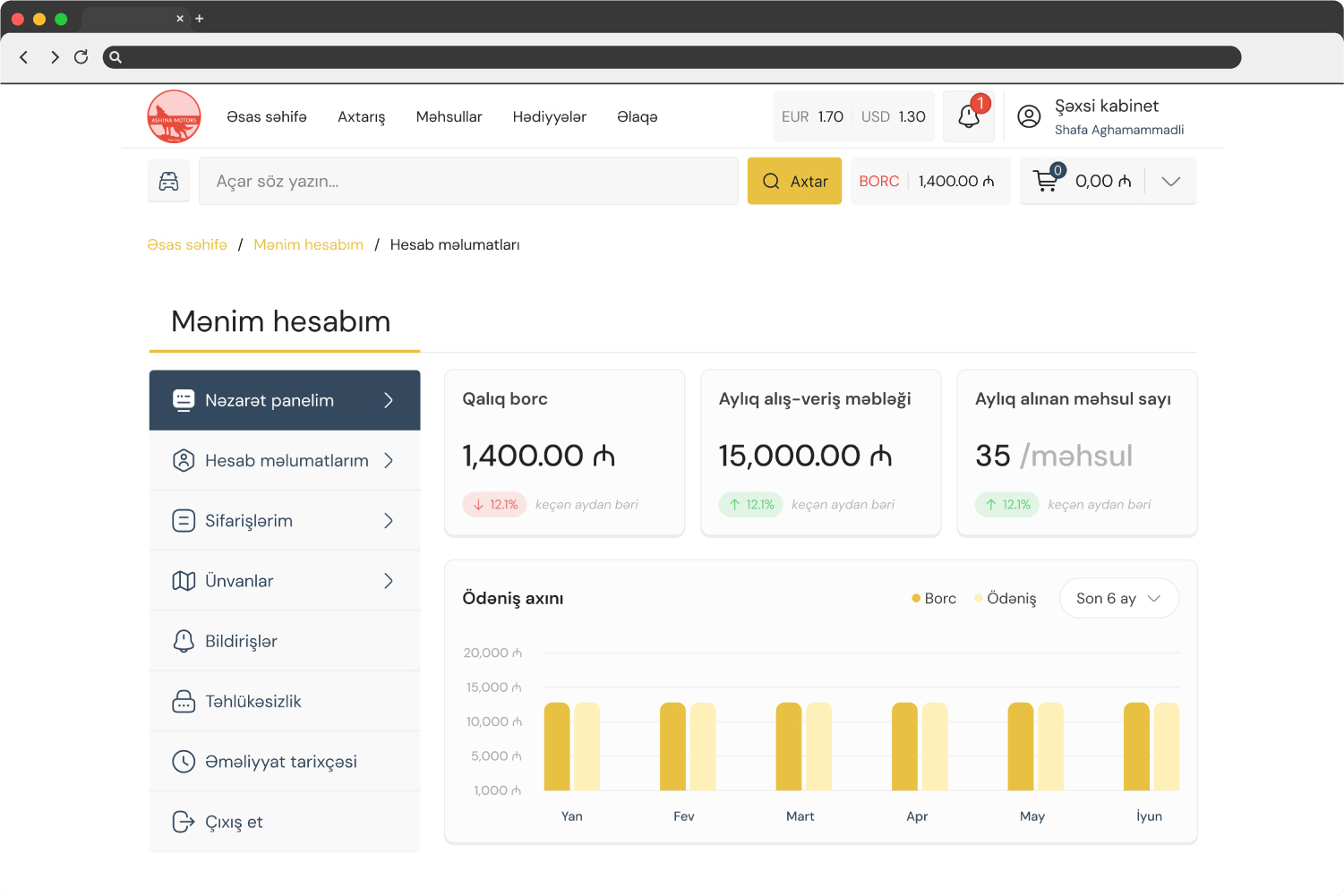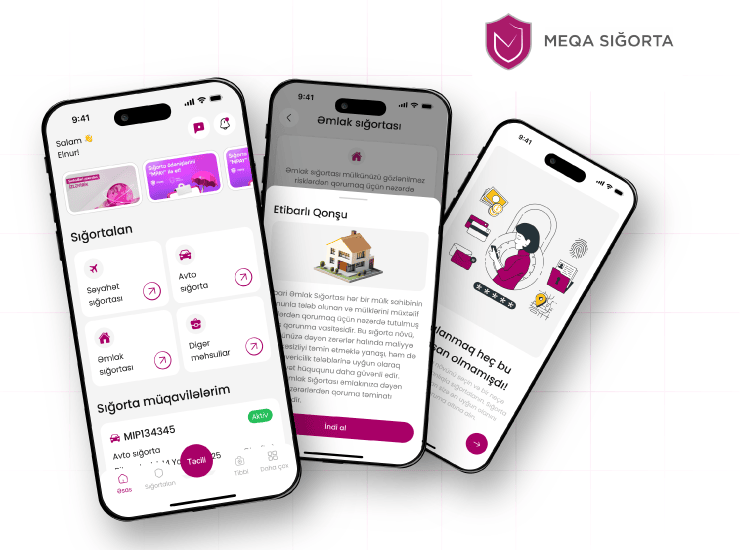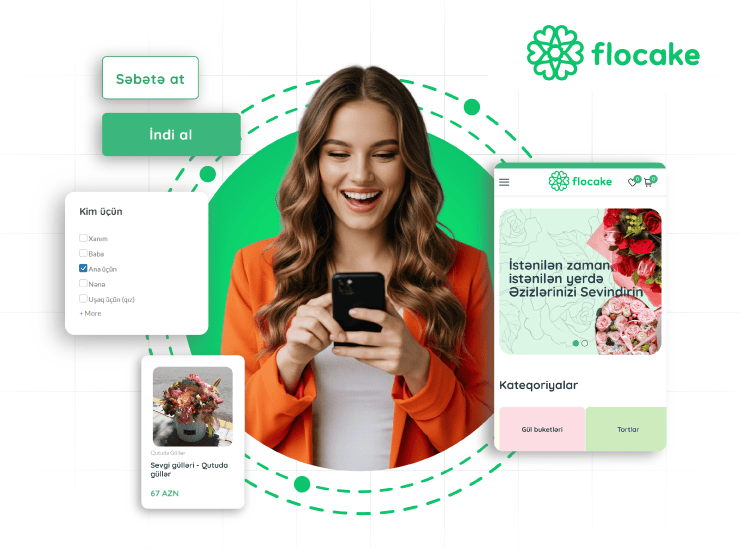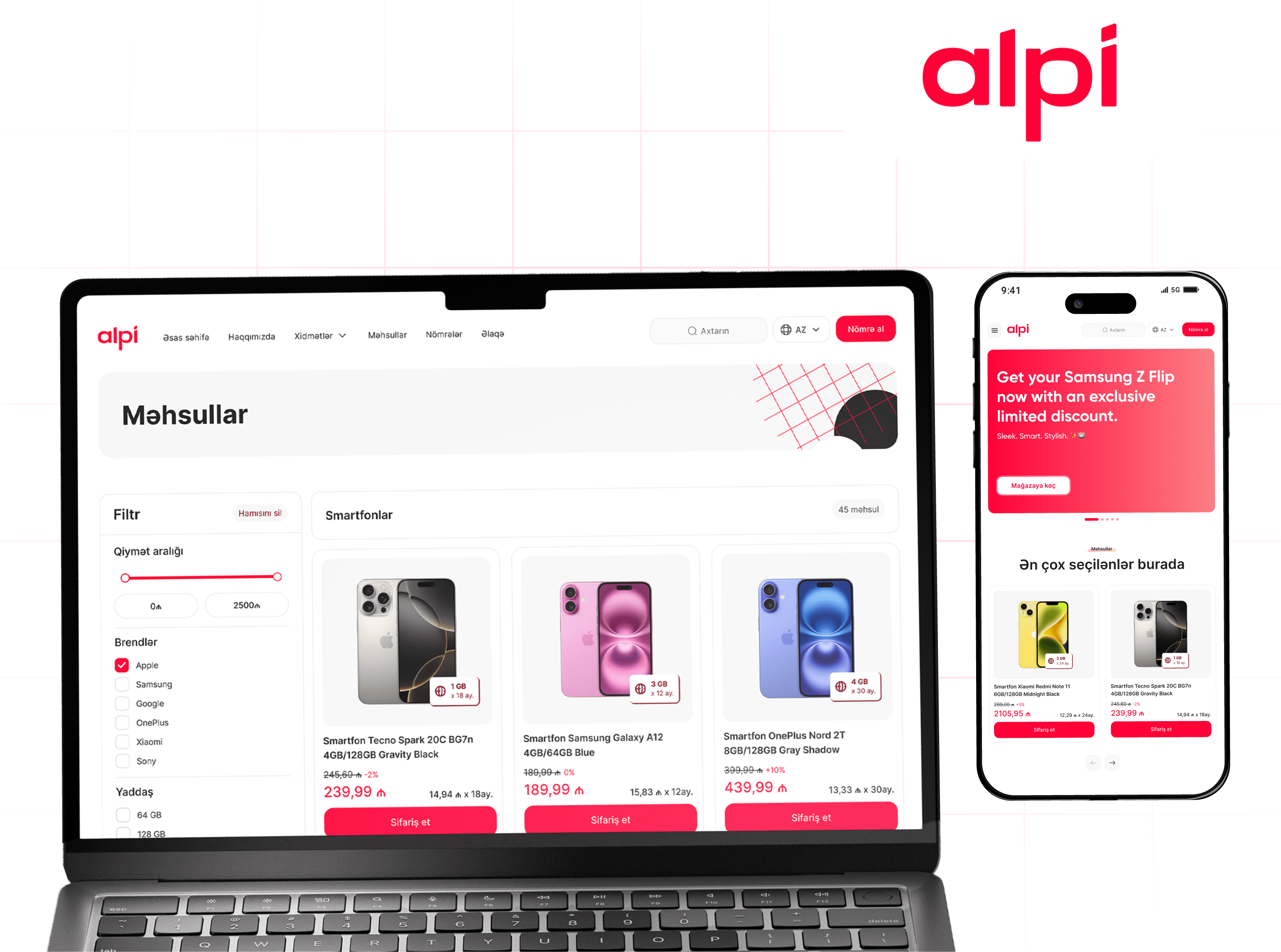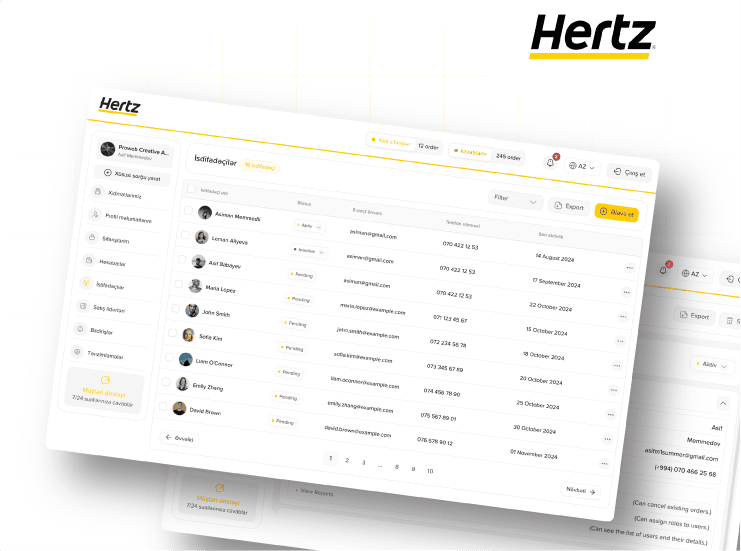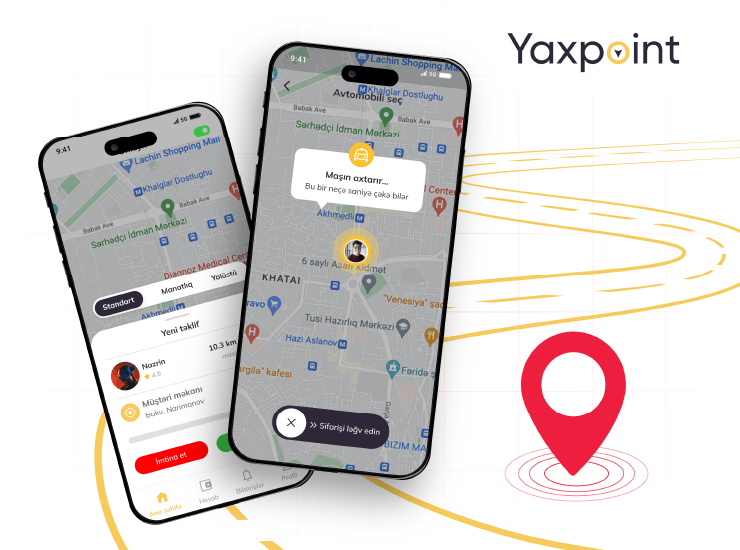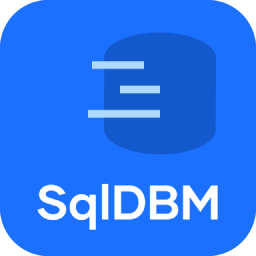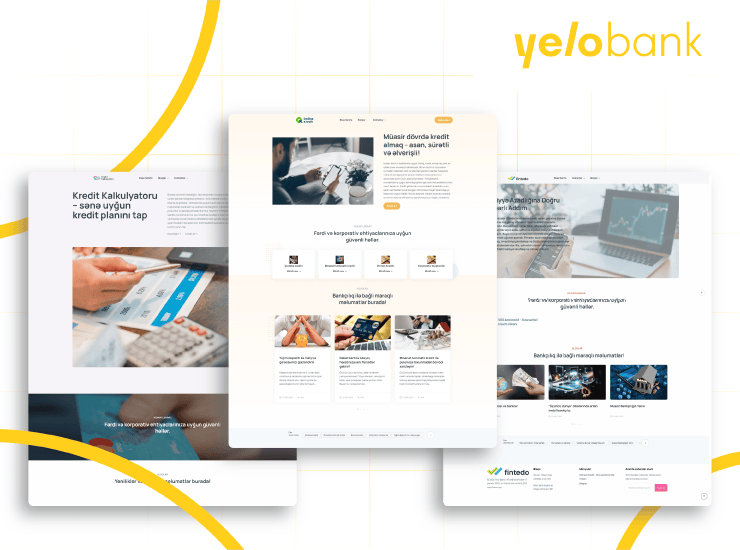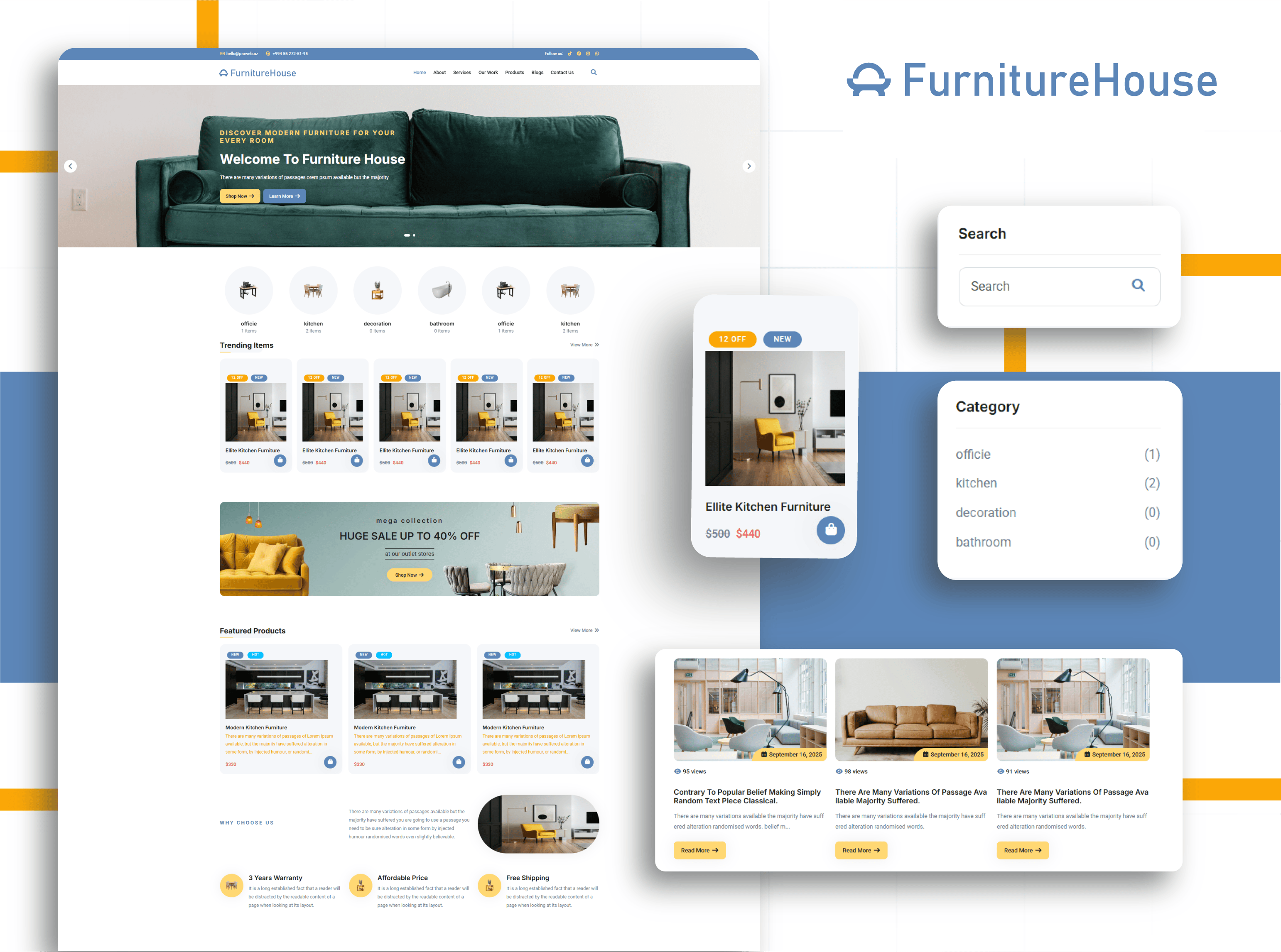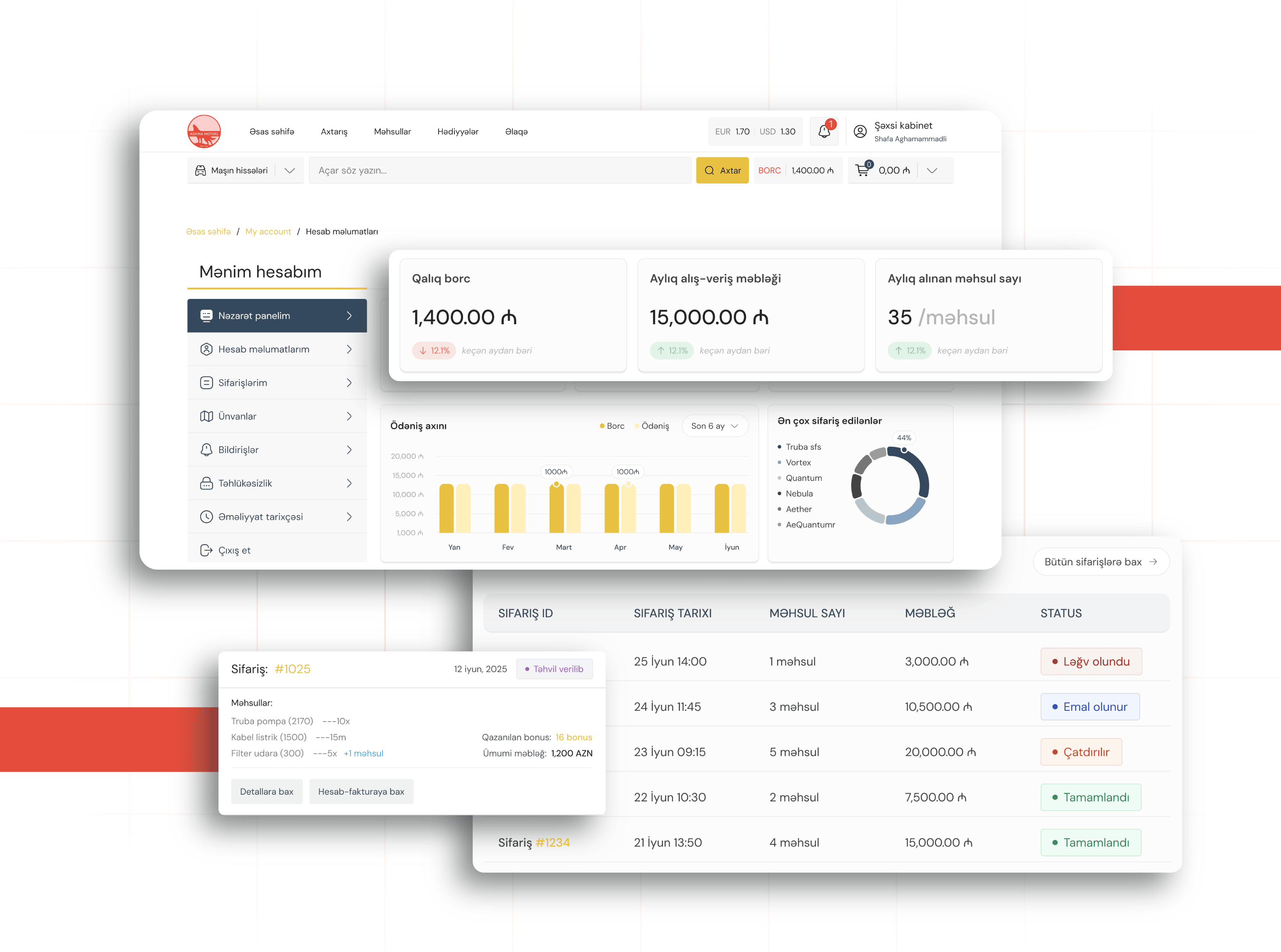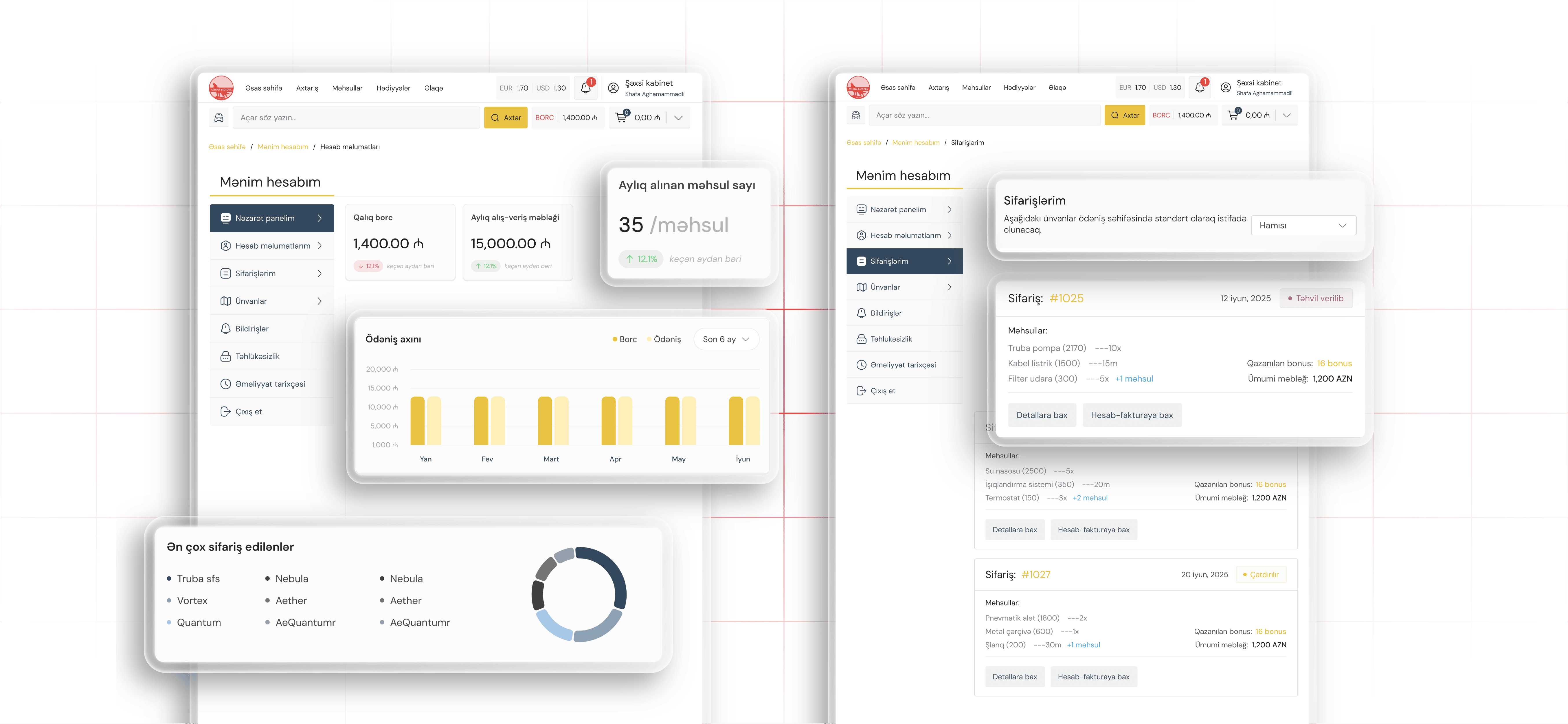
• Project
Development of a B2B Platform for Automotive Spare Parts Sales
For a company specializing in automotive spare parts sales, the existing infrastructure was fully rebuilt into a modern B2B sales platform. The goal was to centralize sales operations, digitalize wholesale and retail workflows, and achieve a high level of automation across internal operations and partner communication. The platform includes responsive design, a user-friendly interface, a full-featured online ordering system, product catalog management, and a notification mechanism for real-time updates.
A key component is 1C integration, which synchronizes stock management, warehouse operations, automated order processing, price updates, and accounting. The integrated warehouse and stock tracking system enables real-time inventory visibility and streamlined logistics. Through the customer cabinet, clients can view order history, track stock levels, and receive personalized pricing and offers.
The platform also includes a multi-channel notification system, delivering automated updates via email, Telegram, and other channels for orders, stock changes, and pricing updates. Security is reinforced with multiple login methods — standard credentials, OTP, and token-based authentication — along with device-based access control, allowing entry only from authorized devices.
This integrated approach automates sales operations, consolidates data flow in a single environment, and creates a transparent, efficient, and secure workflow for both internal teams and external partners.
• SERVICES
- Technical Documentation
- Database Setup
- Automated Workflows
- Ongoing Technical Support
- DevOps & CI/CD Setup
- Database Design & Diagram Modeling
- Business Process Modeling (BPM)
- Testing & Quality Assurance (QA)
- Data Migration
- UI/UX Design
- Integration Solutions
- Web Development
- Wireframe & Prototype Creation
- User Acceptance Testing (UAT)
- System Security Setup
- Performance Optimization
- Monitoring & Performance Analysis
- System Architecture Design
• project process
The stages we went through in this project















Why did we use RabbitMQ?
In this project, the data flow from the 1C system to the platform involved multiple modules, and direct synchronous requests caused performance and sequencing issues. Stock updates, price changes, and order flows needed to be processed simultaneously. For this reason, RabbitMQ was chosen — data is queued first and then processed in the background. This ensures synchronization stability, reduces system load, and enables uninterrupted data transfer during real-time processes.
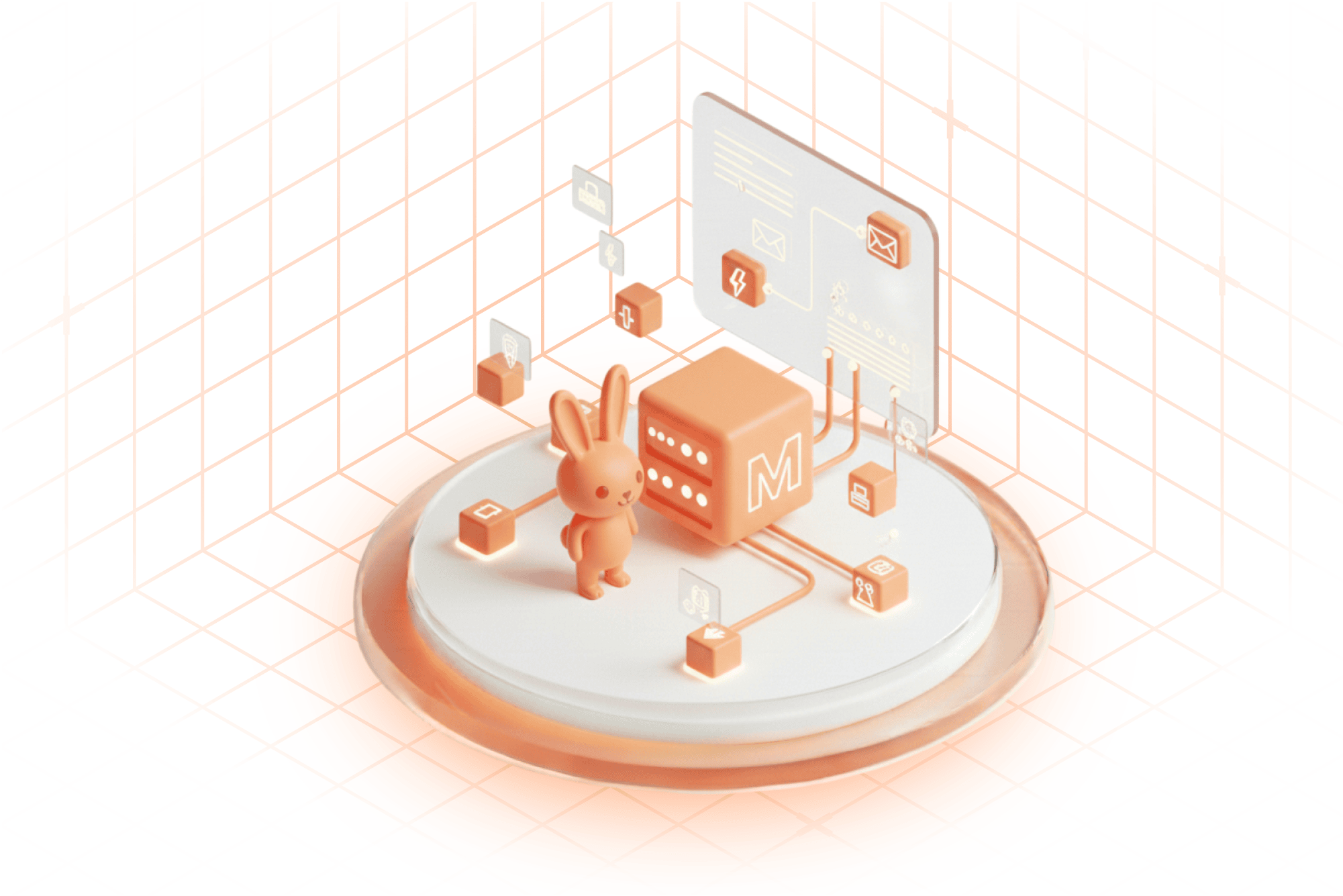
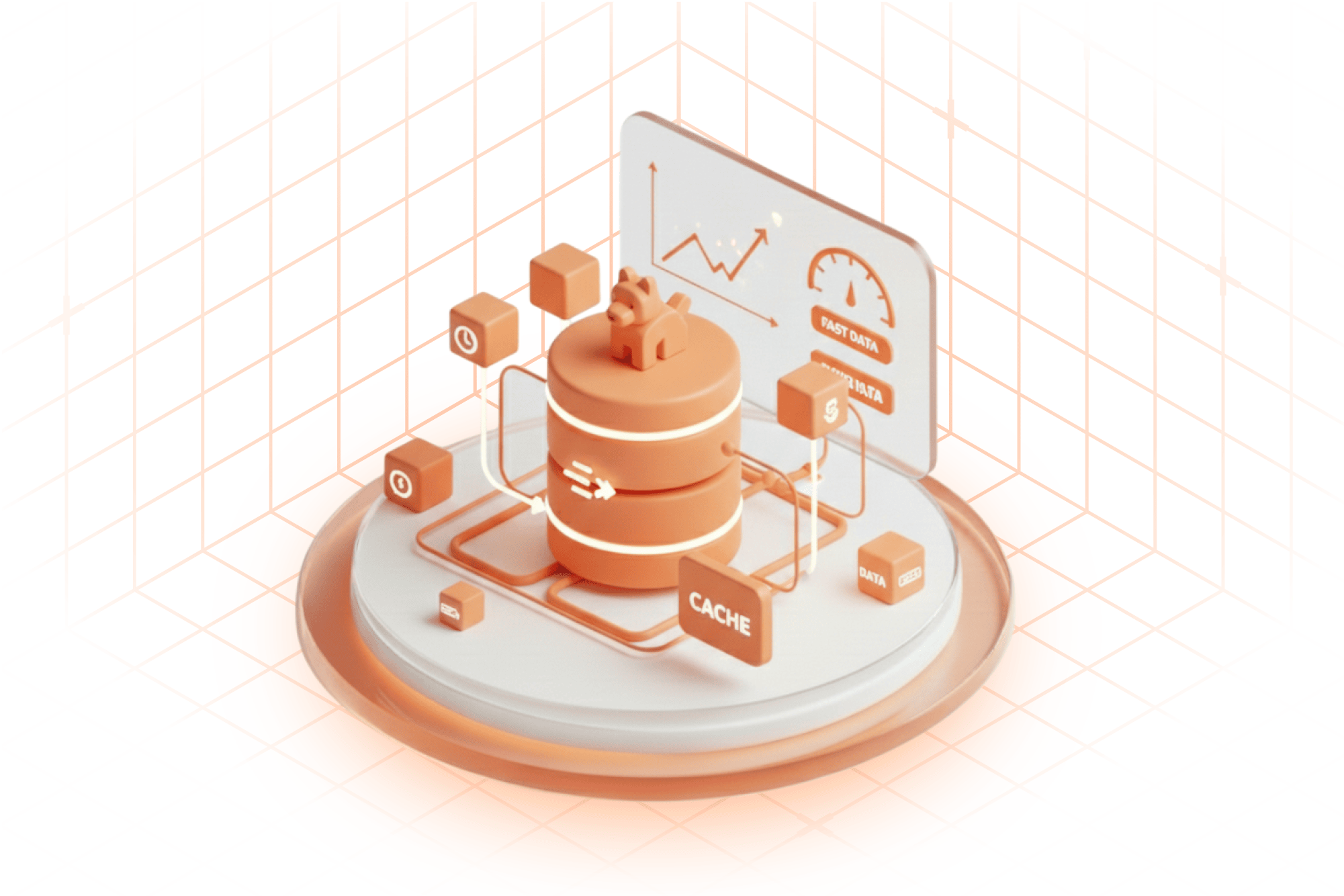

Why did we use Redis caching?
The platform contains frequently requested but rarely changing data, such as product catalogs, categories, and price lists. Reading from the database on every request slowed down the system. In this project, Redis caching was implemented to store this data, allowing subsequent requests to be served from cache. As a result, page load times decreased, response speed in the B2B platform improved, and real-time processes remained stable.

Why did we build a Node.js socket system?
In this project, order statuses, stock changes, and price updates had to be delivered to both administrators and clients simultaneously in real-time processes. The traditional request-response model couldn’t support this. By implementing a Node.js socket system, any server-side changes were instantly sent to all active users. This ensured that administrators and partners could see real-time data simultaneously and significantly improved the platform’s responsiveness.
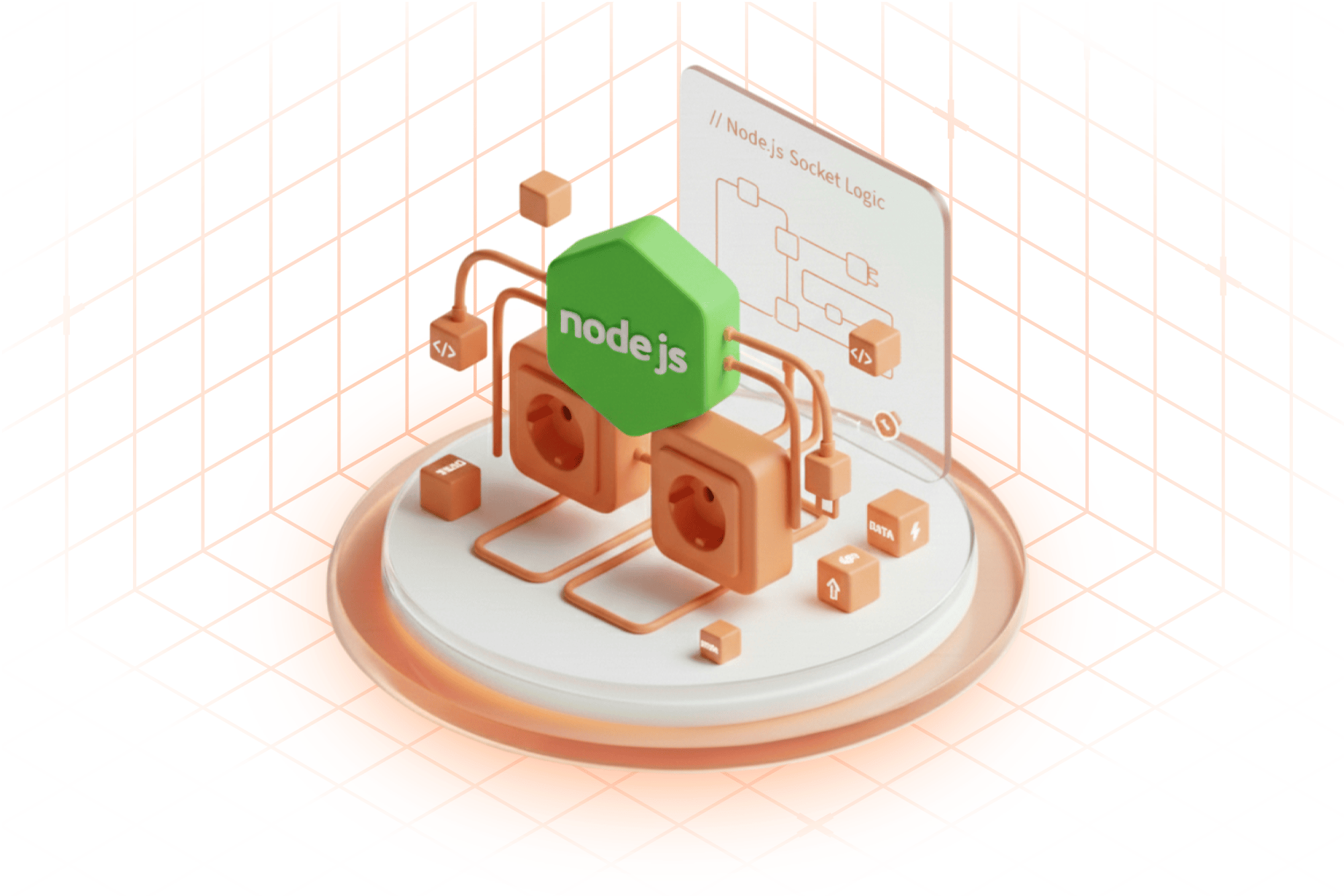
Desktop and Mobile Version

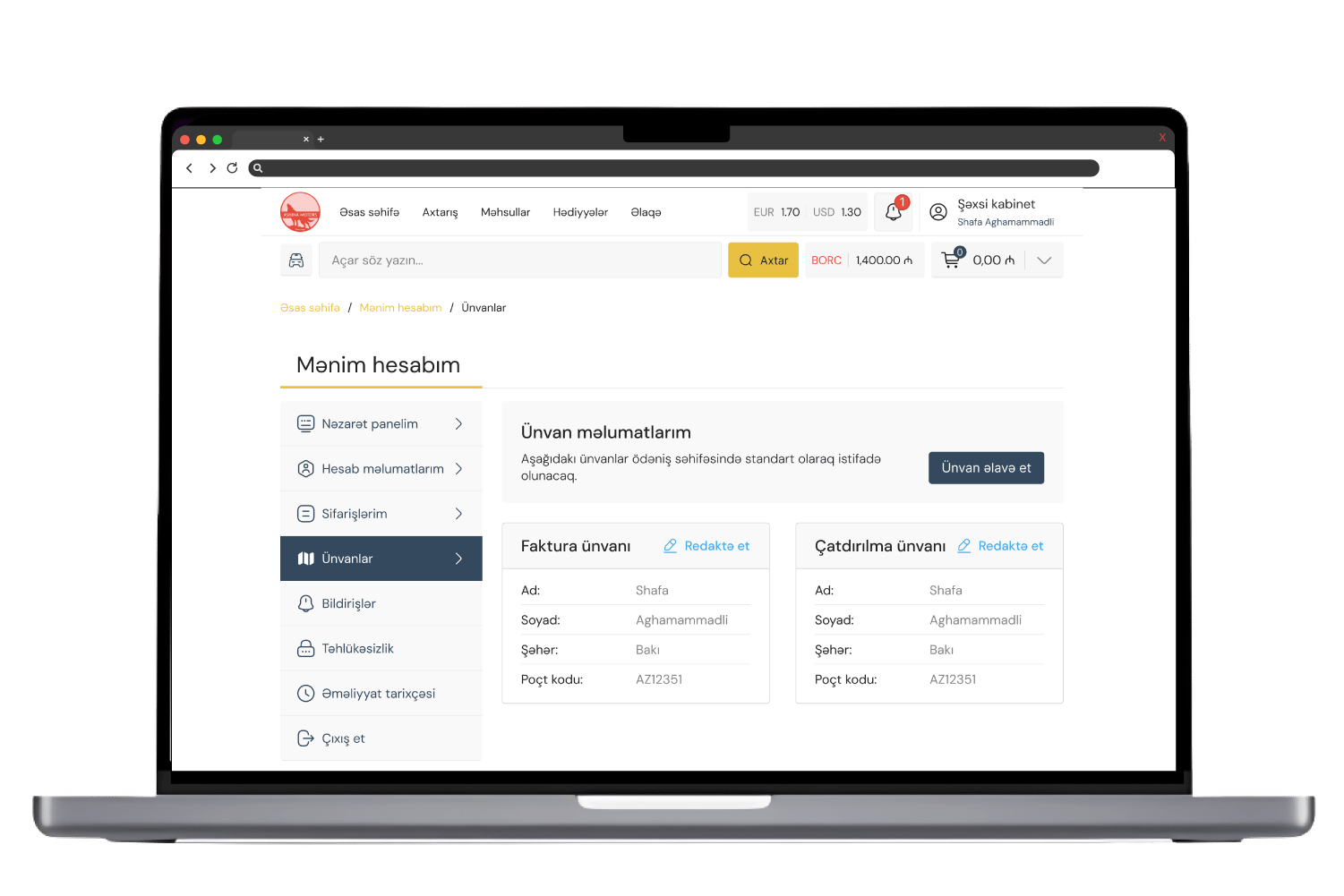
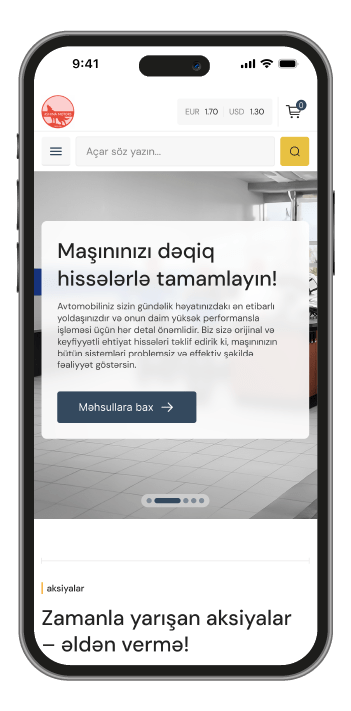
Project Screenshots
